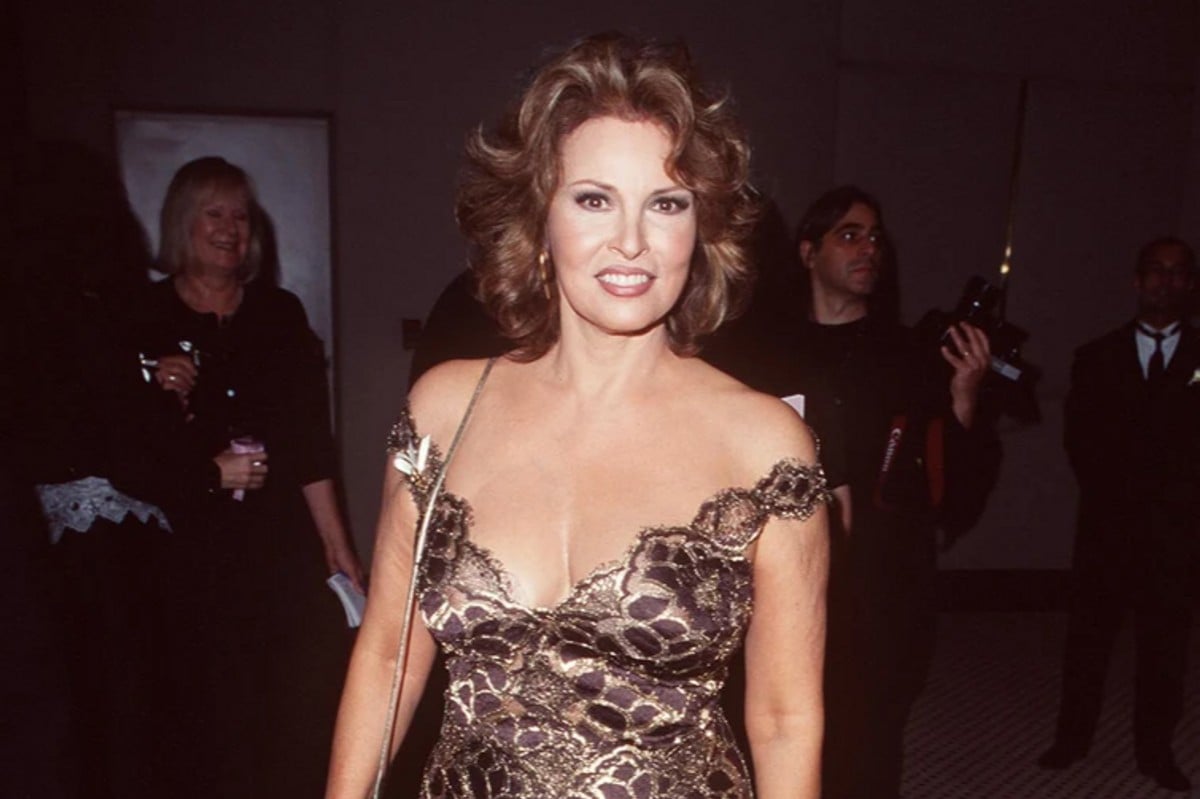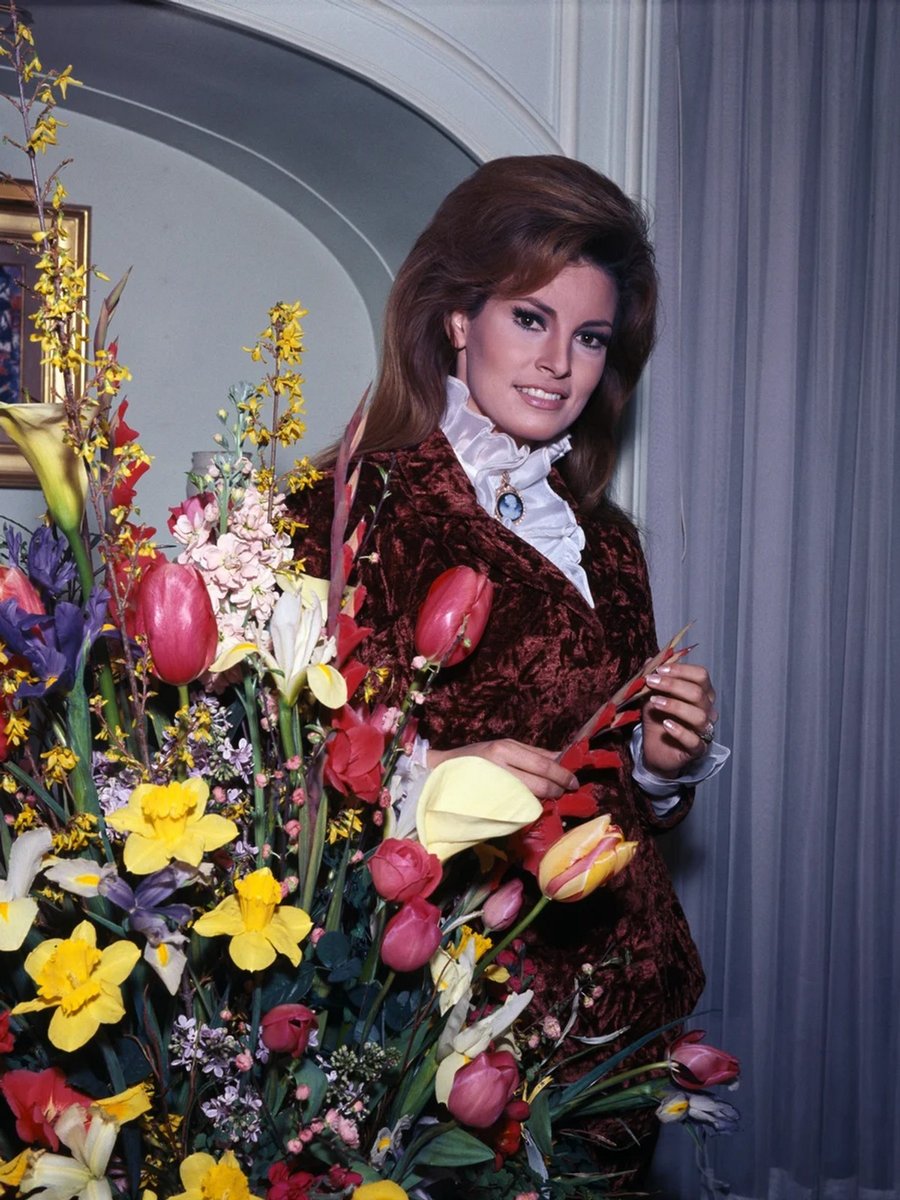
A deeply troubling new documentary has exposed the heartbreaking truth behind one of Hollywood's most beloved icons: Raquel Welch.
The new CW documentary called I am Raquel Welch revealed the sad reality that exists for so many minority women in Hollywood. Raquel Welch — who sadly passed away in 2023 — like many others, was cruelly pressured into erasing her ethnicity in order to find success.
Born Jo Raquel Tejada to a Bolivian father and American mother, Welch was allegedly instructed to change her "hair, look, name", according to Gregory Nava, a director who worked with Welch on American Family — essentially stripping away her Latin heritage during her rise to fame in the 1960s.
Watch the trailer for One Million Years B.C. below. Story continues after.
While audiences celebrated her as the ultimate bombshell and sex symbol, the devastating reality is that behind the carefully constructed facade was a woman who had been forced to disconnect from the very essence of who she truly was. The documentary reveals how studio executives believed her ethnic background would somehow tarnish her appeal.
































































































